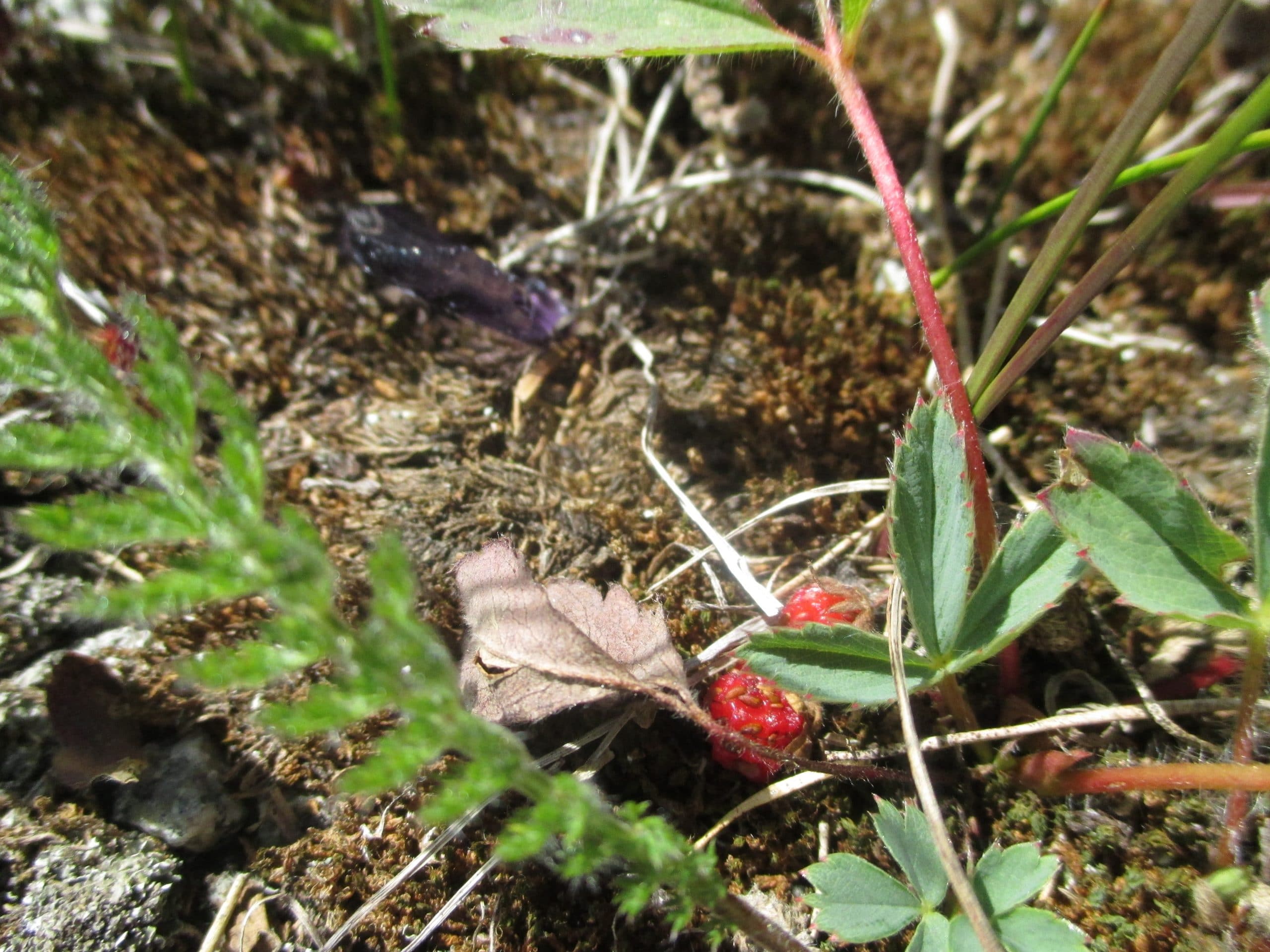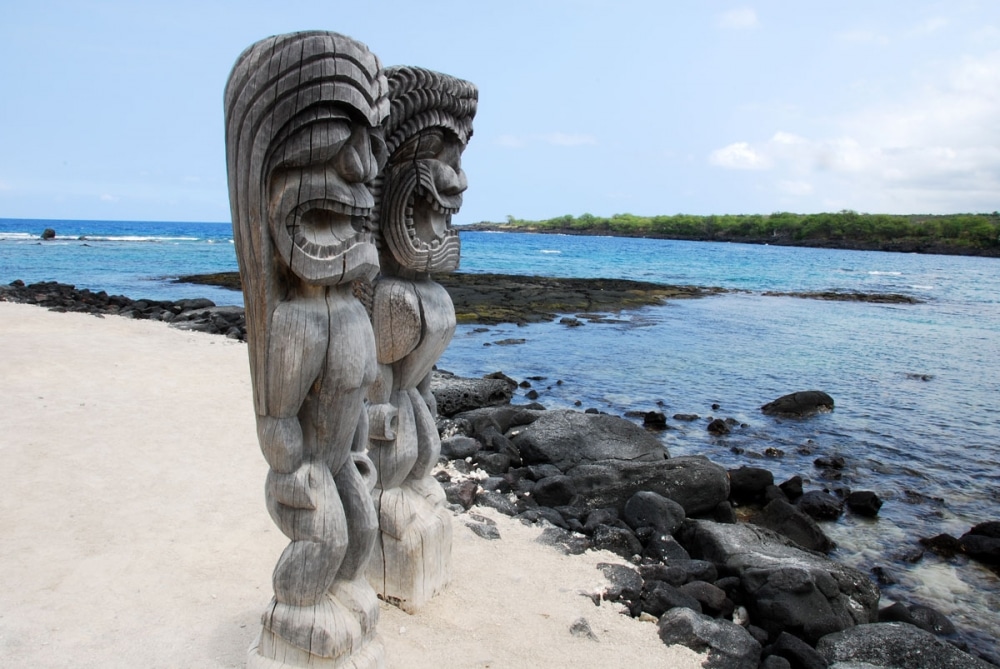 We have been nearly fifty days in California. It is a state of geographical extremes: the deserts, the Sierras, the long ocean coast, and the central valleys. It is a great agricultural state, and every visitor ought to travel through the San Joaquin, Imperial, or Sacramento Valleys to see the sources of the food we eat. Go during a harvest and watch the brown-skinned men, women, and children pick our crops, the people we fear and hate but without whom we wouldn’t have such cheap food or any at all. Vegetables, fruits, nuts, rice, milk, meat. It is all here in great abundance, and it is all produced from start to finish by the brown-skinned people. Cheap labor and subsidized capital are the basis of agriculture and most other businesses, and those that own the land and every other bit of capital aim to keep that labor cheap and those subsidies intact.
We have been nearly fifty days in California. It is a state of geographical extremes: the deserts, the Sierras, the long ocean coast, and the central valleys. It is a great agricultural state, and every visitor ought to travel through the San Joaquin, Imperial, or Sacramento Valleys to see the sources of the food we eat. Go during a harvest and watch the brown-skinned men, women, and children pick our crops, the people we fear and hate but without whom we wouldn’t have such cheap food or any at all. Vegetables, fruits, nuts, rice, milk, meat. It is all here in great abundance, and it is all produced from start to finish by the brown-skinned people. Cheap labor and subsidized capital are the basis of agriculture and most other businesses, and those that own the land and every other bit of capital aim to keep that labor cheap and those subsidies intact.
The farm workers have waged mighty struggles to change their lives, to win better wages and some dignity. Here is a passage from The Grapes of Wrath that moved me deeply:
One man, one family driven from the land; this rusty car creaking along the highway to the west. I lost my land, a single tractor took my land. I am alone and I am bewildered. And in the night one family camps in a ditch and another family pulls in and the tents come out. The two men squat on their hams and the women and children listen. Here is the node, you who hate change and fear revolution. Keep these two squatting men apart; make them hate, fear, suspect each other. Here is the anlage of the thing you fear. Here is the zygote. For here “I lost my land is changed; a cell is split and from its splitting grows the thing you hate—“We lost our land.” The danger is here, for two men are not as lonely and perplexed as one. And from this first “we” there grows a still more dangerous thing: “I have a little food” plus “I have none.” If from this problem the sum is “We have a little food,” the thing is on its way, the movement has direction. Only a little multiplication now, and this land, this tractor are ours. The two men squatting in a ditch, the little fire, the side-meat stewing in a single pot, the silent stone-eyed women; behind the children listening with their souls to words their minds do not understand. The night draws done. The baby has a cold. Here, take this blanket. It’s wool. It was my mother’s blanket—take it for the baby. This is the thing to bomb. This is the beginning—from “I” to “we.”
If you who own the things people must have could understand this, you might preserve yourself. If you could separate causes from results, if you could know that Paine, Marx, Jefferson, Lenin, were results, not causes, you might survive. But that you cannot know. For the quality of owning freezes you forever into”I” and cuts you off forever from the “we.”
The Western States are nervous under the beginning change. Need is the stimulus to concept, concept to action. A half-million people moving over the country; a million more restive, ready to move; ten million more feeling the first nervousness.
And tractors turning the multiple furrows in the vacant land.
We drove north and west through parts of the San Joaquin Valley, along the irrigation ditches that help subsidize the growers. As we choked on the pesticides, we lamented that the air was so fouled that we couldn’t see the mountains not that far to the east. The farms and ranches are enormous and highly mechanized. The research that made the machines possible is carried out at public expense in our great stare universities, like the one at Davis, California. Another subsidy for the growers. The labor is still cheap too, a subsidy extorted from the government by the growers’ money, which is large enough to prevent better laws and keep those on the books inadequately enforced. Large enough, too, to bribe a and intimidate the local police, who still harass and persecute the immigrant farm laborers just as the sheriffs bullied and beat Tom Joad.
Our destination was a hostel in the Point Reyes National Seashore, about forty-five miles northwest of San Francisco. This is a beautiful park of steep tree-covered hills, rolling hills and meadows, sharp bluffs overlooking the ocean, and miles of rugged coastline that includes several sand beaches. The hostel is close to Drake’s Bay, named for Sir Francis Drake, who landed here in 1579. The coast that faces the Pacific Ocean directly is windswept and often damp and foggy, but Drake saw that the bay was protected from the most ferocious winds and weather, and that is why he landed there to repair his ship, the Golden Hind. There were native people at Point Reyes, Miwok Indians, who were gatherers and hunters, living peacefully in a land of great natural abundance. Near the Visitors’ Center, volunteers have constructed a model Miwok village. At the sight there is a marker on which Kathleen Smith, a contemporary Miwok, wrote in 1993:
My people have lived on the coast for at least 8,000 years. To live in physical and spiritual balance in the same small area for thousands of years without feeling the need to go somewhere else requires restraint, respect, knowledge and assurance of one’s place in the world.
Once the Europeans came, the Miwok soon lost their place in the world. The Spanish missionaries forced them to abandon their traditional ways and become farm laborers. Disease and extreme culture shock killed most of them. When Mexico gained its independence the remaining Miwok took employment where they could find it, often as servants for the rich “Californios,” Mexican elite whose families had received land grants from the Spanish king. Later the United States took California from Mexico, and within a few years, the lust for gold spelled the near extinction of the Miwok (and many other groups of Indians), as the gold seekers killed them and took whatever they had left. The Miwok’s “we” was no match for the white man’s “I.”
After we checked into the hostel, we began to prepare our dinner in the kitchen. A young woman asked me if the water boiling in the tea kettle was mine. I said that the tea water was everyone’s. She said, “Good, I didn’t want to waste energy heating another kettle of water.” I remarked that it was curious that people would worry about wasting a small amount of energy in a state that was a monument to waste. She looked puzzled, so I said that agriculture was a good example of waste. She said that California had the most productive agriculture in the world. This set me off on a tirade about dams, stolen water, subsidized land and water, massive use of pesticides, polluted air and water, and exploited farm workers. Measured in terms of energy in and energy out, or in terms of the costs imposed on society by California’s “factories in the fields,” the state’s agriculture is not as productive as the Miwok’s gathering and hunting. She seemed nonplused and went immediately into the next room to have her tea. After a few minutes, I tried to make amends for lecturing her. I asked her where she was from. Ithaca, but she now lived in New York City. First year of law school at Columbia. I asked her about school and told her what a professor of law at the University of Pittsburgh School of Law told first-year students. He said that the first year of law school was so horrible because lawyers had to learn to be vicious by being treated viciously, just as torturers are taught to torture by being tortured. She said, well, it was good to know that every class had to go through the same treatment, including the one that would come after hers.
The woman never spoke to me again. Karen and I watched her the next two days. Her self-centeredness was striking. She took up an inordinate amount of space in the women’s dorm, strewing her clothes, including the insides of wet hiking boots, over everyone’s space and in the bathroom. She tracked mud into the kitchen and was oblivious to anyone else’s needs. That first evening we listened in amazement as she flirted with a German man. He was telling her about his travels around the United States. She listened, always waiting to interject something about herself. She asked him if he had traveled outside the United States and Europe. “Have you been to China?” He said no, and she replied that she had been in China, but just in Beijing, for five weeks. When he didn’t ask her what she was doing in Beijing, she skillfully led the conversation toward her desired outcome. After a few parries and thrusts, she said that she had been in China for the Olympics. The German said something that assumed she had been a spectator. She dispelled this notion by saying that this was the first time she had traveled without her medal. “Medal?” he asked. “Did you win a medal?” “Yes,” she said. “Gold.” Now, she had what she wanted—his unwavering admiration. The conversation degenerated from there, into a declamation of every important thing she and her family had done. She said that she loved it when at a party or a gathering of friends, someone took a picture of her holding her medal. She knew, she said, that she had “made it” when she became an entry in wikipedia. The only blot on her brilliant persona was that somehow the law school that she wanted to attend—Stanford—had rejected her. She had to settle for Columbia. Where, no doubt, she will become firmly and permanently frozen in the “I,” and cut off forever from the “we.” Like so many others.
Meanwhile the tractors are still turning their multiple furrows in the vacant land.









Mike, I cannot tell you how much I appreciate this piece. It is good to know I’m not alone in my conviction that the root of our collective problem is that we’re a “me” society, rather than a “we” society. And I can find no better portrait of exactly what underlies this social and spiritual pathology than the profile you sketch here of a typical privileged American. Self-centered in the extreme, with a reckless disregard for others, the character defects of the young woman you describe here are the true cause and condition of our collective sociopathy.
Stephanie, Thank you for this comment. Sometimes we think we are insane because we see so many people who act as if they are the only ones on earth. Why are we meeting so many kooks? But in truth, the “I” behavior is rampant here and only getting worse. “We” is the exception now. Michael
Enjoyed your post immensely. You deftly hint at another side to CA that is so rarely mentioned- the millions of agricultural workers.
Thanks, Phil. It makes me upset to see the anti-immigrant people rant and rave when I know how hard the farm workers labor, and
for so little.
There are many causes of the kooky self-absorbedness of American culture, but the biggest one I can point to is automobile culture. In the baby-boom post-war era, everyone was taught that there are two things that make for a really good life: minimizing effort put toward anything, and minimizing interaction with other people. Drive-in or drive-through everything so you never have to leave your cocoon, multi-lane highways through the centers of cities with idea that you should be able to get from anywhere to anywhere else as fast as a car could carry you; aside from the fact that these things choked themselves within a decade or two of population growth, they also meant the destruction of any idea of community. I recently read a second-hand anecdote that’s entirely appropriate:
“A former boss of mine in Manhattan used to say he could tell those who drove into work versus those who took the train just by how they got on and off the elevator. He was right. Drivers were more likely to be rude all around whereas if the train bunch were polite, waiting, knew general social protocol.”
Source: http://www.reddit.com/r/bicycling/comments/c72ym/everytime_ive_taken_my_bike_to_work_or_went_on_a/c0qkbwo
Nick G., Your comments are well-taken. We have seen many towns where highways have bisected neighborhoods, and it is very
hard to cross from one side to the other. Drive-in Starbucks always crack me up. It is almost always quicker to go into the
store and get your coffee. I liked your anecdote.
that young woman probably reads ayn rand
Andrew, that is no doubt true!
Great excerpt from Steinbeck. Interesting that the lead article in the current Monthly Review also quotes The Grapes of Wrath.
Live Blake seeing the universe in a grain of sand, an astute observer can sometimes see the hubris of an entire class reflected in an individual. Thanks for the vignette about the young woman at the hostel.
Thanks, Gary. That is a good coincidence about the MR article. And the words of Blake are true. The woman was a real stereotype of her class and of so many people here these days.
A recent study argued that college kids today are sorely lacking in empathy.